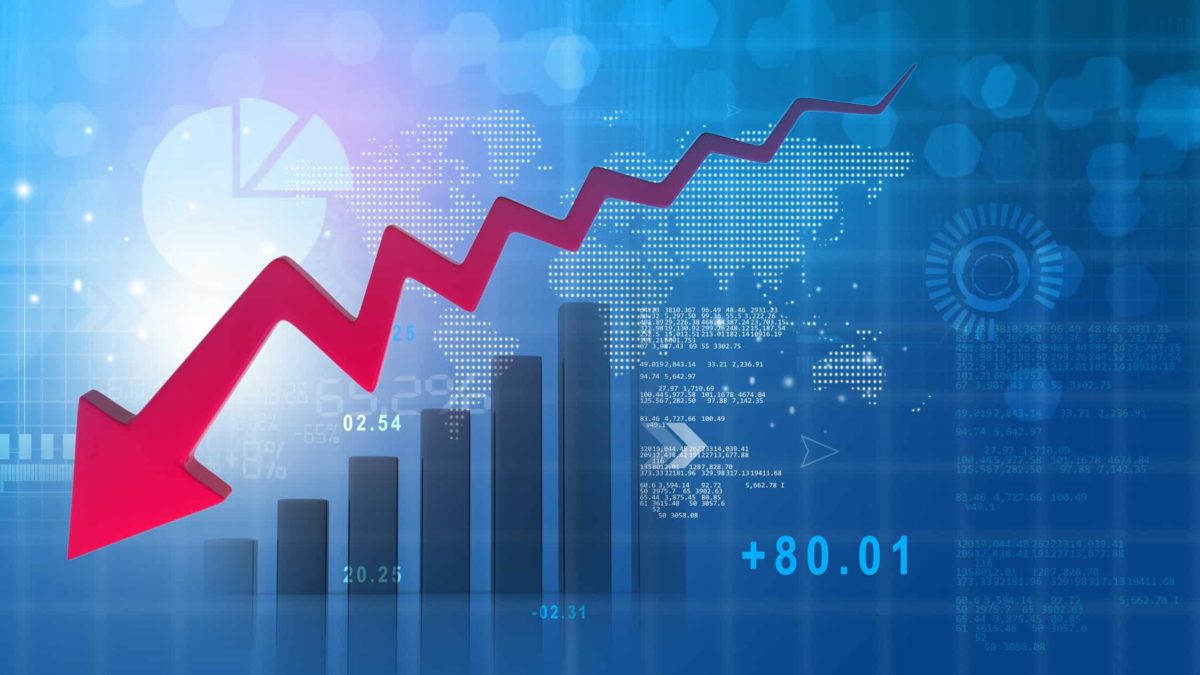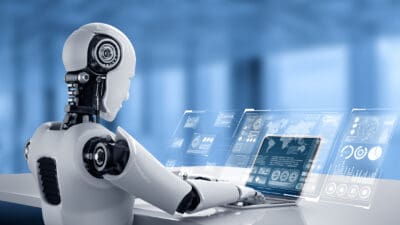This article was originally published on Fool.com. All figures quoted in US dollars unless otherwise stated.
What happened
Up one day, down the next: Electric vehicle leader Tesla (NASDAQ: TSLA) stock is falling again Thursday, down by 5% as of 12:46 p.m. ET.
And you can blame the analysts at Piper Sandler for that.
So what
The news around Tesla Thursday has been broadly positive, after all. Analysts at megabank Citigroup announced that based on data from Citi's proprietary "EV mind-share tracker," Tesla's electric cars "dominate the broader EV market." This is despite rising competition from the EV offerings of legacy automakers such as Kia, Hyundai, Ford Motor Co., and General Motors, reports StreetInsider.com.
Citi also reported that interest in once-red-hot rival EV upstart Rivian has slumped since that company's price-hike fiasco earlier this month. The bank says Tesla leads the pack with 45% "mind share," with Ford, Kia, and GM its closest (yet not even close) rivals.
All of the above, of course, should have been good news for Tesla and its stock, but for one thing: According to analysts at Piper Sandler, Tesla's high profile brings with it unique geopolitical risks -- particularly in China -- that could damage its stock price.
Now what
As Piper Sandler explains, there are pluses and minuses to Tesla's China business. On the plus side, its Shanghai factory is going great guns, producing 56,515 cars in February, of which nearly 60% got exported. With production accelerating, Piper Sandler foresees Tesla producing perhaps 70,000 cars in China in March -- and as many as 193,000 or more in all of Q1.
That's the good news. Now here's the bad.
The bigger Tesla's business in China gets, the more of a potential liability it becomes in the event of continued "deteriorating US-China relations." As Piper explains, "If American companies are eventually used as pawns in a wider geopolitical conflict, then Tesla shareholders would likely suffer."
Granted, Piper's only highlighting a potential problem here. China doesn't seem to be using Tesla as a pawn right now. But the Chinese government has criticized Tesla in the past, has a history of promoting its domestic companies over foreign rivals, and -- for that matter -- hasn't shied away from crushing entire industries within its own economy when that was deemed a reasonable way to pursue other policy goals.
Piper Sandler is right to highlight the risk -- even if Tesla investors might not appreciate it right at the moment.
This article was originally published on Fool.com. All figures quoted in US dollars unless otherwise stated.









